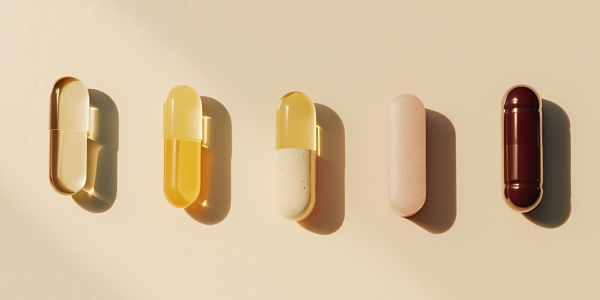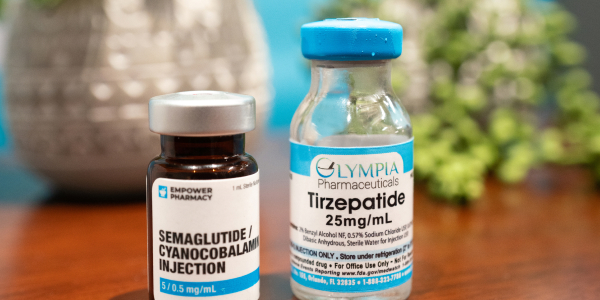Alpha-Lipoic Acid is a potent antioxidant that may help the body manage weight. And it’s available at Restore as a Premium Boost! Because ALA is also a part of July’s Drip of The Month, we decided to take a deep dive on everything to know about it!
What is Alpha-Lipoic Acid?
ALA, also known as Alpha-Lipoic Acid is an organic compound found in all human cells. It’s made naturally in the body (synthesized in the mitochondria, where it helps enzymes turn nutrients into energy), but humans only produce ALA in small amounts, so turning to ALA-rich foods or supplements may help to optimize your intake. It’s also known as a potent antioxidant that may help manage weight, reduce inflammation, promote healthy nerve function, aid in digestion and boost energy.
Can Alpha-Lipoic Acid help with weight loss?
Studies suggest that ALA may be a useful supplementation for significant, short-term weight loss in overweight and obese individuals.
Can Alpha-Lipoic Acid help with diabetes?
ALA has been shown to lower blood sugar levels in humans, and may reduce insulin resistance and lower fasting blood glucose and HbA1c levels. Research suggests that ALA helps lower blood sugar by promoting processes that can remove fat that has accumulated in muscle cells, which otherwise makes insulin less effective. Not only that, ALA may help with complications of diabetes. It’s proven to ease symptoms of nerve damage and lower the risk of diabetic retinopathy (eye damage) that can occur with uncontrolled diabetes.
Can I get Alpha-Lipoic Acid from my diet?
You won’t get high amounts of alpha-lipoic acid from one food. And it’s important to know that consuming foods with ALA will not produce a meaningful increase of ALA levels in the blood, because the ALA found in food is bound to a specific protein, making it less available for absorption. However, a variety of foods contain alpha-lipoic acid (in very low amounts.) They include leafy greens, yams and potatoes, yeast, tomatoes, carrots, beets, and rice bran. Red meat -- especially beef liver -- is also a protein-rich source of alpha-lipoic acid.
What’s the connection between Alpha-Lipoic Acid and Glutathione?
Research shows that ALA increased total glutathione levels in the liver and blood. And according to Dr. Mark Hyman, glutathione is “the mother of all antioxidants, the master detoxifier and maestro of the immune system.” Furthermore, “Keeping yourself healthy, boosting your performance, preventing disease and aging well depends on keeping your glutathione levels high,” says Hyman.
How can I up my Alpha-Lipoic Acid game?
Humans only produce alpha-lipoic acid in small amounts, but can take ALA via oral supplements or intravenously. Alpha-Lipoic Acid is also available as a Premium Boost in Restore’s IV Drip Therapy. ALA is also a premium ingredient found in July’s Drip of The Month at Restore.






